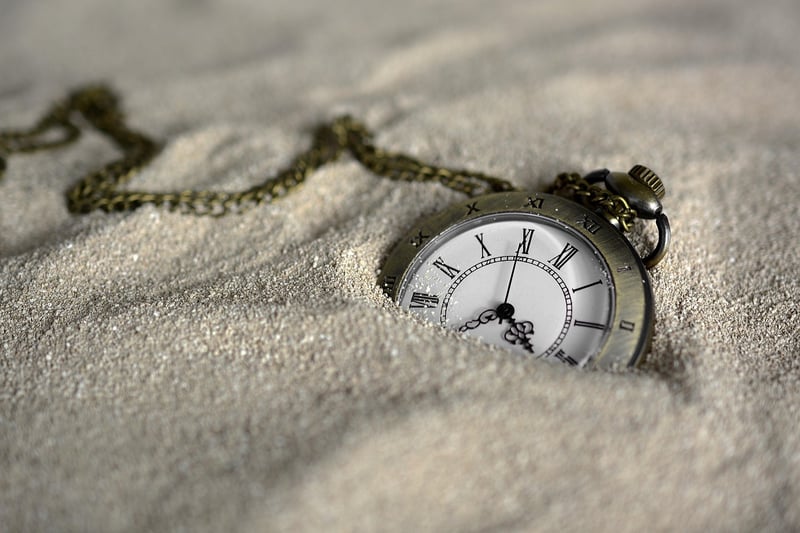Grandfather Paradox
The Dilemmas of Time Travel and the Grandfather Paradox
Time travel has long been a fascinating concept in science fiction, captivating audiences with its endless possibilities and mind-bending paradoxes. One of the most famous paradoxes associated with time travel is the Grandfather Paradox, which raises intriguing questions about causality and the nature of reality.
What is the Grandfather Paradox?
The Grandfather Paradox is a thought experiment that explores what would happen if a time traveler were to go back in time and prevent their grandfather from meeting their grandmother. This would create a situation where the time traveler would never be born, which then raises the question - if the time traveler was never born, how could they have traveled back in time to prevent their own existence?
The Dilemmas of Time Travel
Time travel, as depicted in various works of fiction, often leads to paradoxes and dilemmas that challenge our understanding of cause and effect. Some of the common dilemmas include:
- Bootstrap Paradox: In this scenario, an object or information is sent back in time in an endless loop with no discernible origin. This raises questions about the original source of the object or information.
- Butterfly Effect: A small change in the past can have significant and unpredictable consequences in the future, leading to a chain reaction of events.
- Parallel Universes: Some theories suggest that time travel would create branching timelines, where changes in the past create new parallel universes rather than altering the existing timeline.
Resolving the Paradoxes
While the Grandfather Paradox and other time travel dilemmas may seem impossible to resolve, physicists and philosophers have proposed various theories to reconcile these contradictions. Some of the proposed solutions include:
- Novikov Self-Consistency Principle: This principle suggests that any actions a time traveler takes in the past were always meant to happen and were already part of the timeline, ensuring consistency.
- Multiple Timelines: The idea of multiple timelines posits that each time travel event creates a new parallel universe, where changes in the past do not affect the original timeline.
- Fixed Timeline: In this model, time is immutable, and any attempts to change the past would be futile as the timeline is already predetermined.
While the concept of time travel continues to spark debates and discussions among scientists and enthusiasts, the dilemmas and paradoxes associated with it offer a glimpse into the complexities of time and causality.

Image Source: Pixabay
